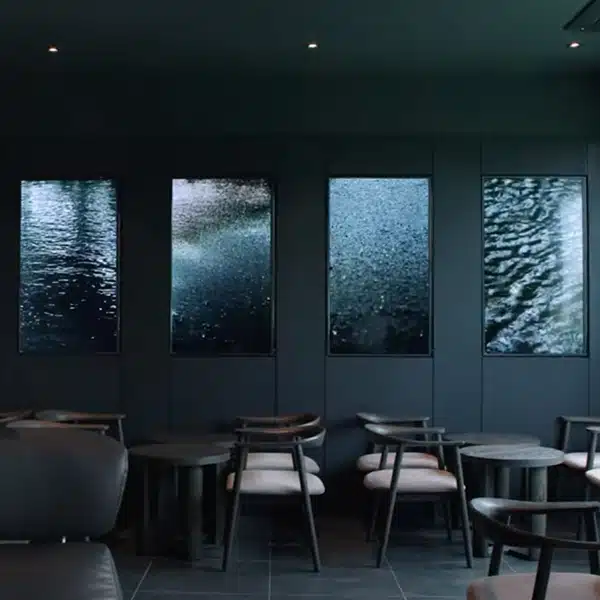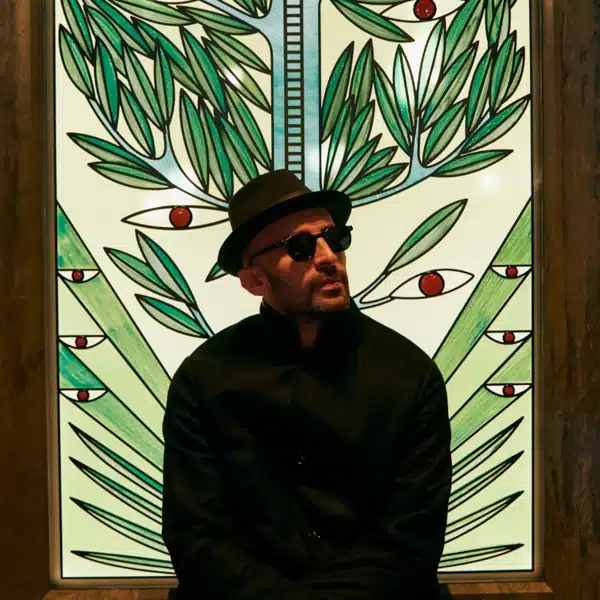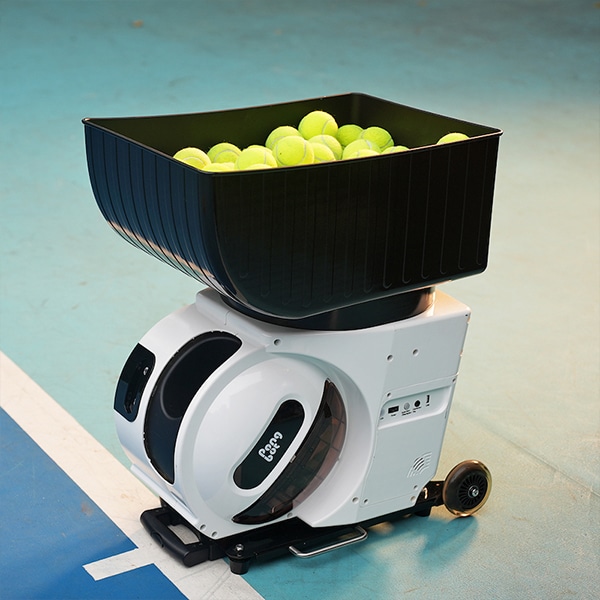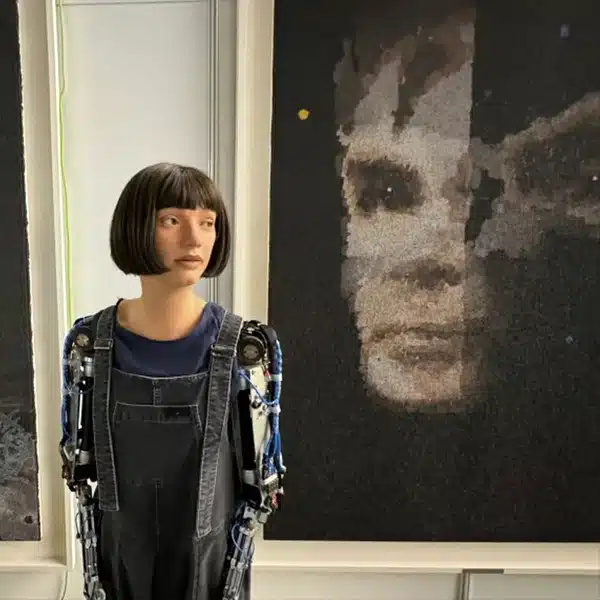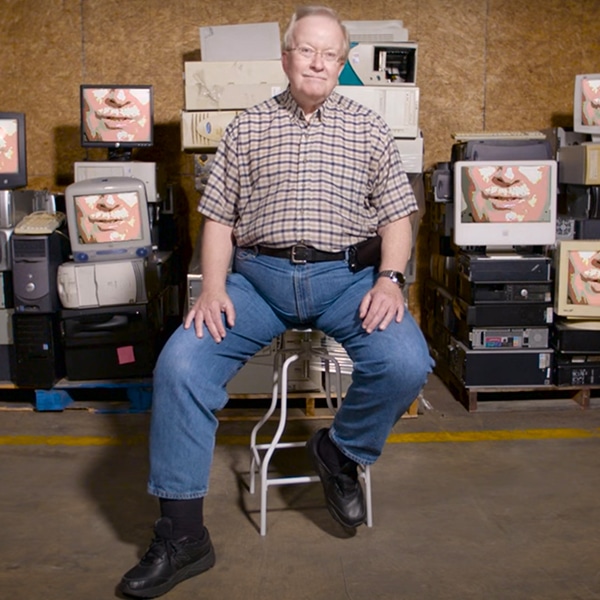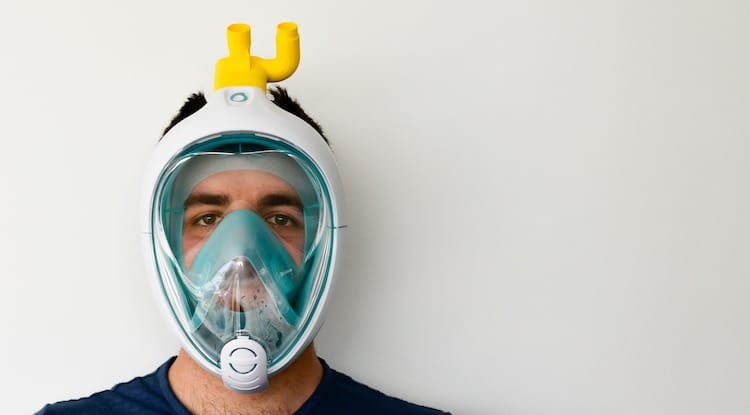
Photo: Isinnova
At this critical time in history, everyone is pitching in with their skills and expertise in order to combat the coronavirus epidemic. An issue many countries are facing is a lack of medical equipment, as hospitals are overwhelmed with critical care patients. This is particularly true of ventilators, which are in short supply. Now, Italian engineering firm Isinnova is helping local hospitals with the shortage thanks to a simple, yet ingenious, invention.
The innovative company is based in Brescia, which is in the country's coronavirus epicenter. Located within the Lombardy region, which accounts for nearly half of Italy's COVID-19 cases, the area has been overwhelmed by patients. This has led healthcare workers to make difficult decisions as to who should get to use the few ventilators available. So when Dr. Renato Favero, former physician of the Gardone Valtrompia Hospital, reached out to Isinnova with an idea, they were more than willing to listen.
Dr. Favero approached Isinnova with an interesting idea after hearing that the firm was already 3D printing emergency valves for another local hospital. The physician had noticed that a simple snorkeling mask made by sporting goods retailer Decathlon, could be used as C-PAP masks for sub-intensive therapy. The only thing missing was a way to link the mask up to a ventilator. And that's where Isinnova came in.
After contacting Decathlon, who willingly supplied CAD drawings of the mask, the firm set about studying its design. Isinnova's engineers then designed what they are calling the Charlotte valve, which can easily be 3D printed in order to convert the mask.
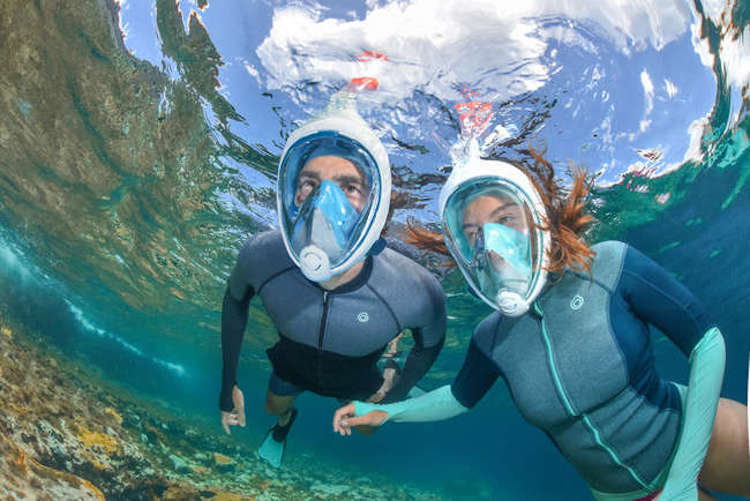
Photo: Decathlon
The prototype was first tested by workers at the Chiari Hospital near Brescia and was found to work properly with their ventilators. This collaboration is an incredible example of how different sectors can come together to solve problems during this difficult time. Of course, Isinnova is careful to explain that the valve, while functional, is not an officially certified medical product and should only be used in situations where there is an extreme shortage of medical equipment.
“We are reiterating that the idea is designed for healthcare facilities and wants to help in realization of an emergency mask in the case of a full-blown difficult situation,” Isninnova writes, “where [it] is not possible to in [sic] find official healthcare supplies. Neither the mask nor the link are certified and their use is subject to a situation of mandatory need.”
To that end, any patient who agrees to the usage of this special mask must first sign a waiver acknowledging that the equipment is experimental. Still, in a situation where there are no alternatives, this altered mask can be lifesaving.
In order to prevent other firms from producing the valve and selling them at high prices, Isinnova has patented the design. It's their intention to make the Charlotte valve design available, free of charge, for any hospital that may be in dire need. “Our initiative is totally non-profit, we will not obtain any royalties on the idea of the link, nor on the sales of Decathlon masks,” they confirm.
Isinnova has published the 3D printing files, as well as a patient release form that is legally binding in Italy, on their website. They do caution that users abroad consult their own local laws prior to usage in order to be sure that they are compliant.
Watch this video to see how a simple snorkeling mask can be converted into a lifesaving C-PAP mask.
h/t: [Reddit]
Related Articles:
World’s First 3D-Printed Heart Could Revolutionize Organ Transplants
Engineers Develop Lightweight Arm Cast That’s Waterproof and Itch-Proof
Doctors Around the World Beg Public to Stay At Home During Coronavirus Pandemic
Healthcare Heroes Post Heartbreaking Photos From the Front Lines of the Coronavirus











































































